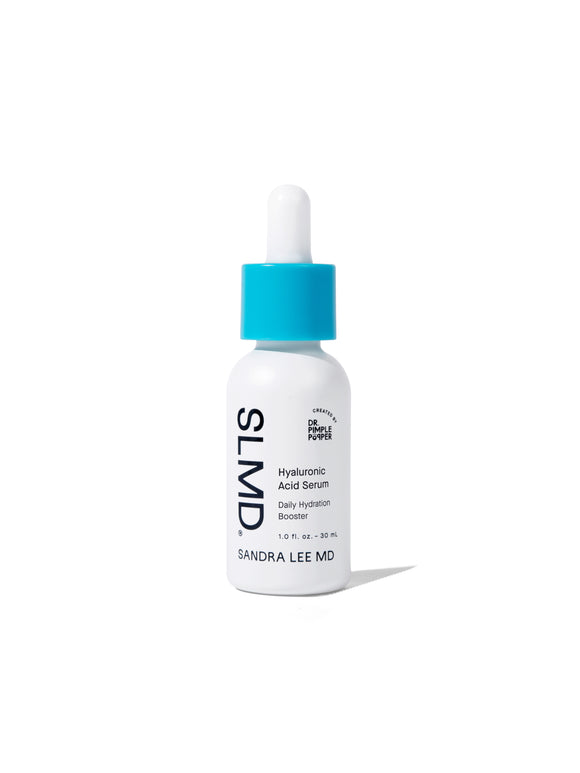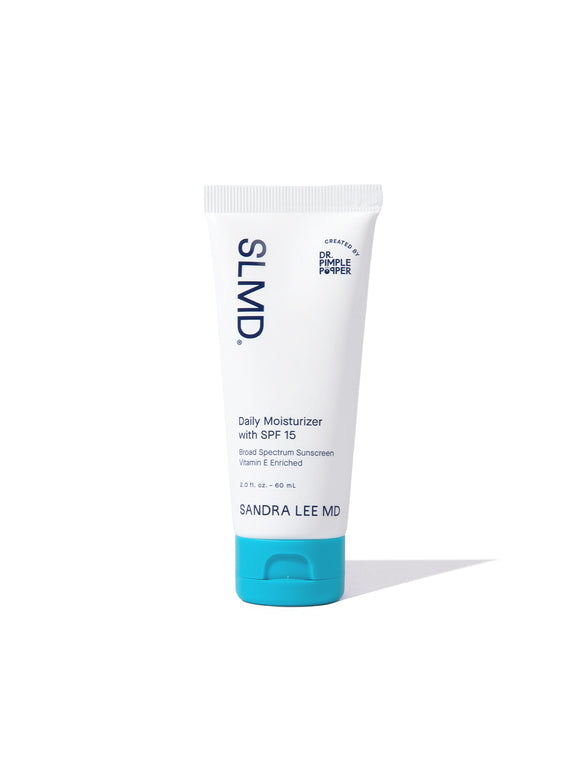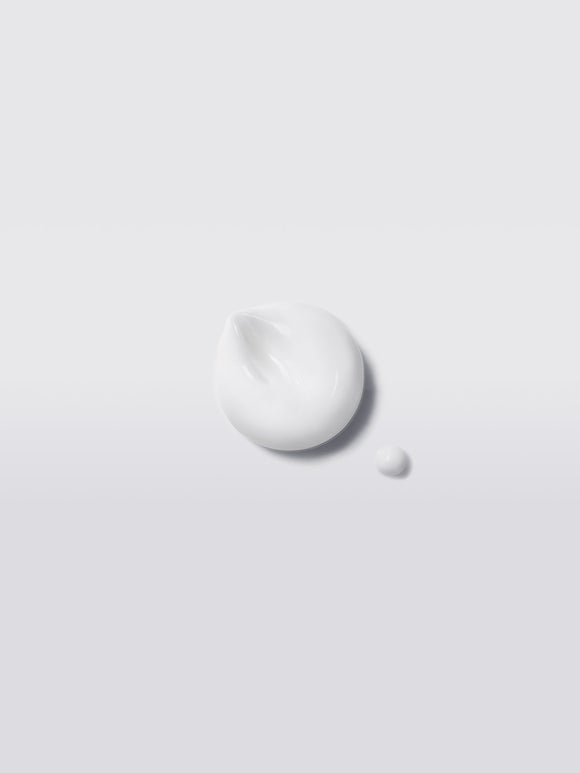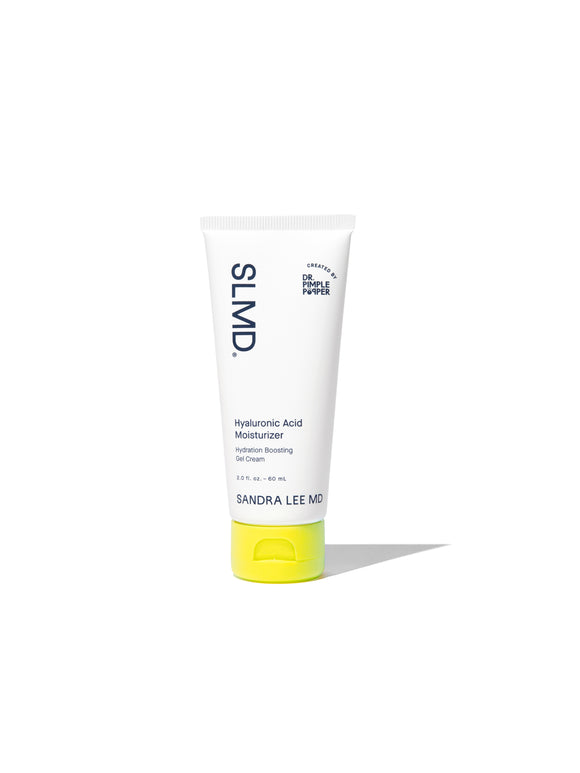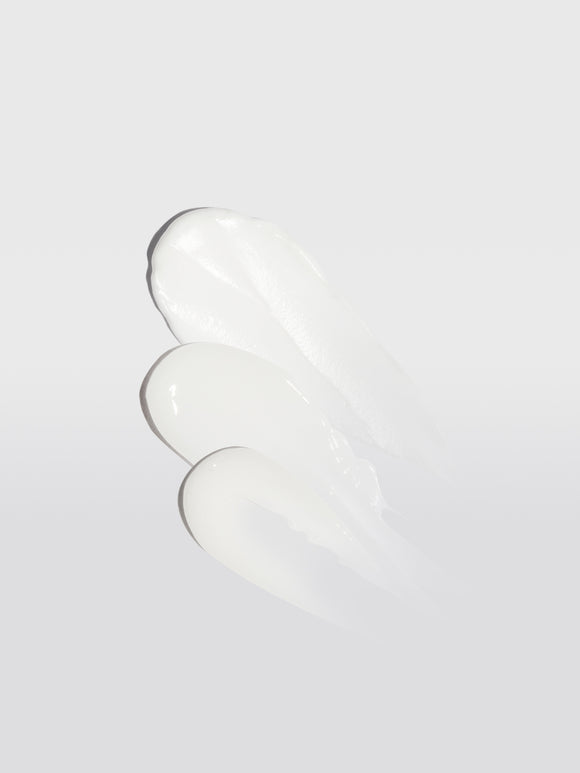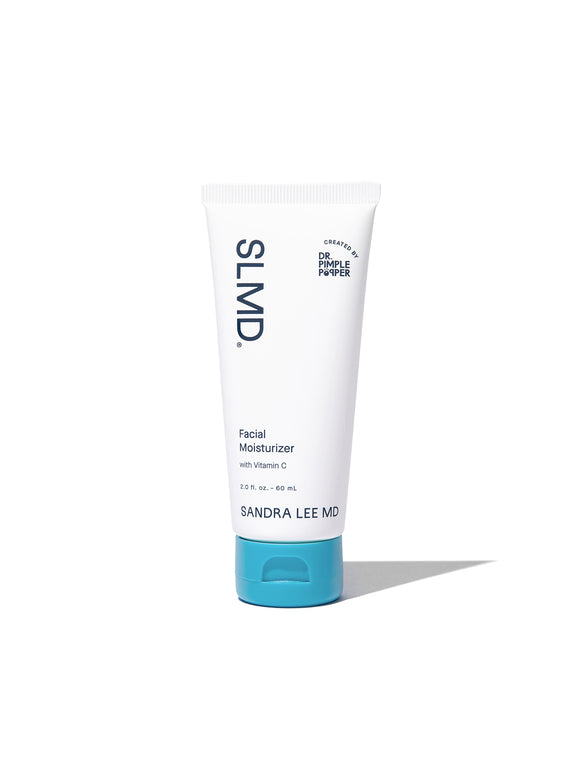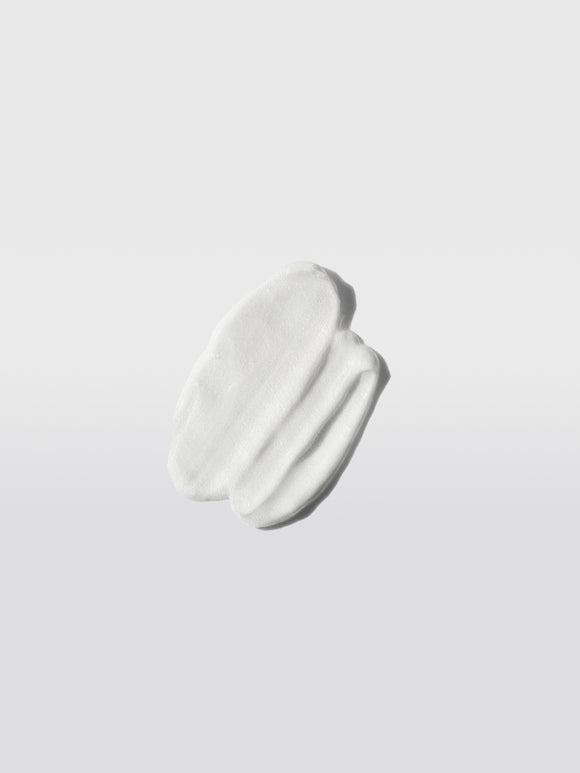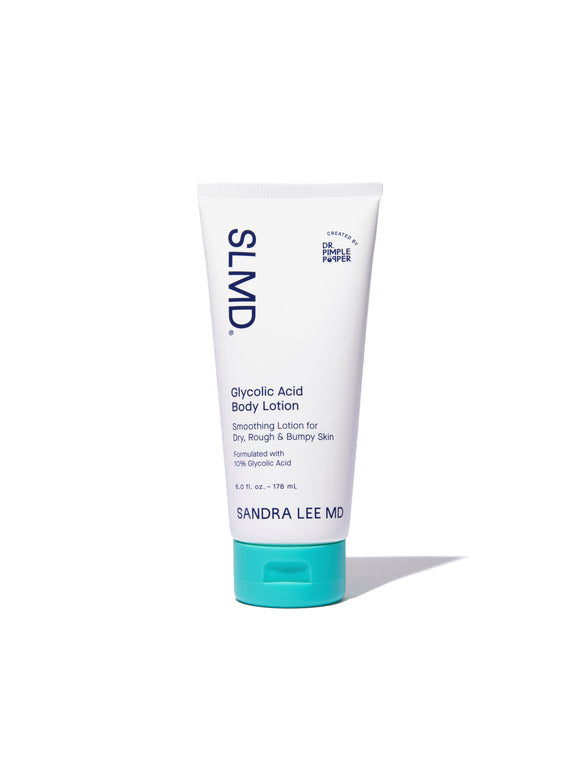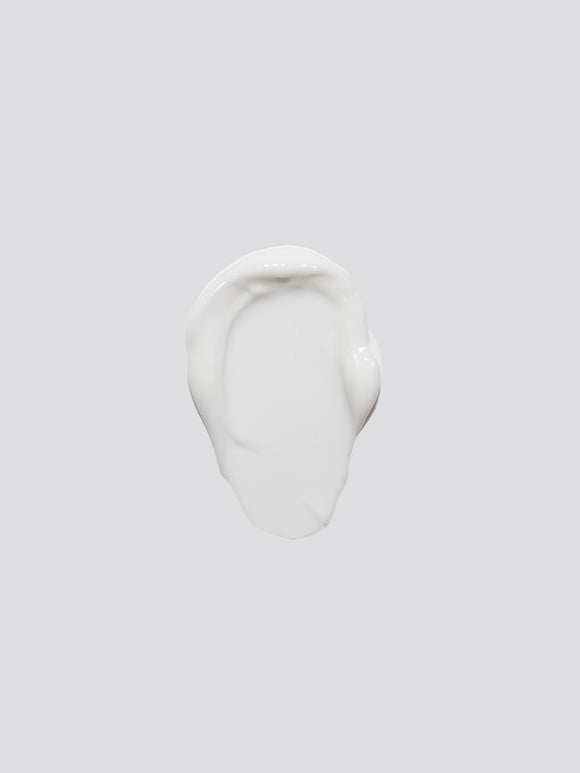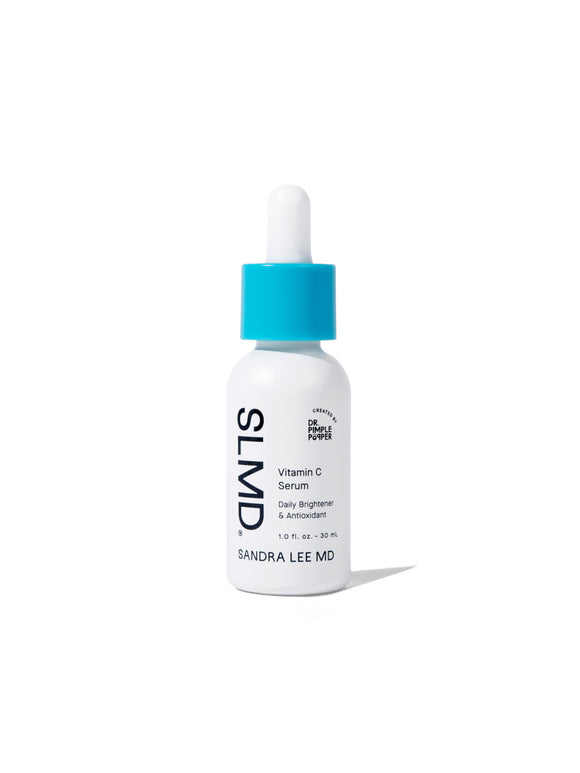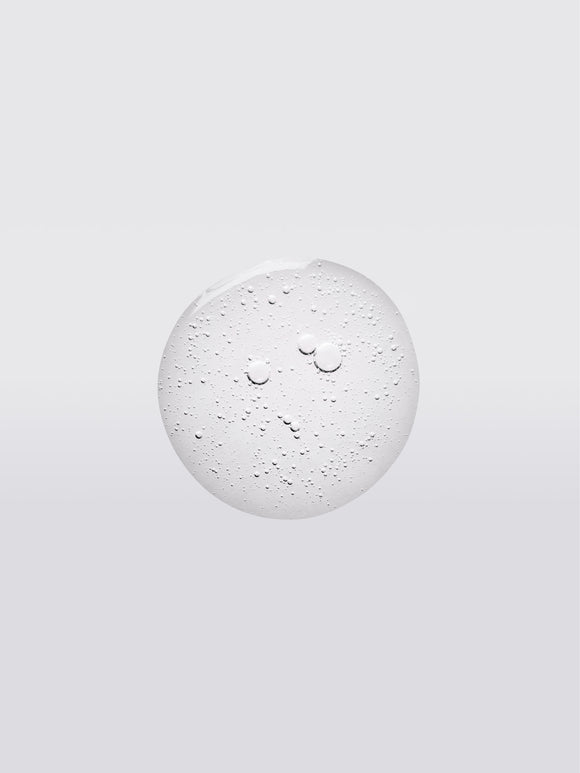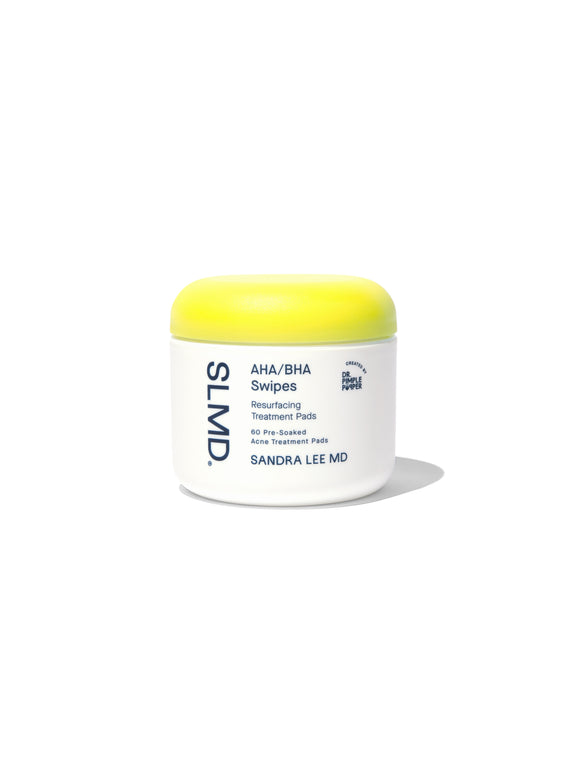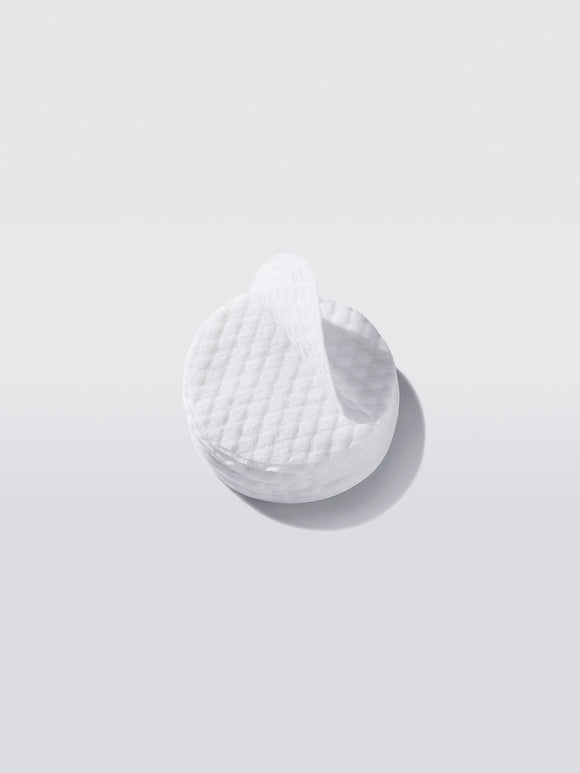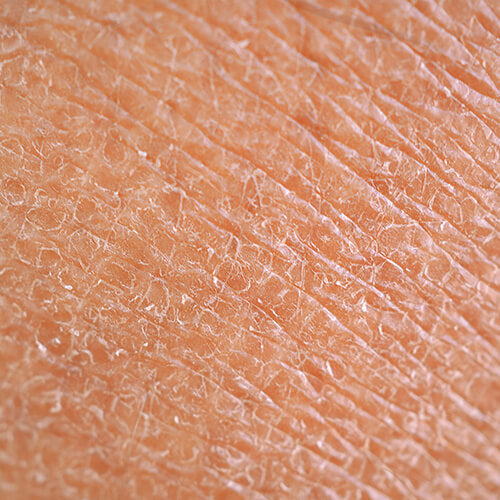
Essential Tips to Keep Your Skin Youthful and Hydrated This Winter
Dr. Pimple Popper explains how to stay bouncy, glowing and fresh — even when it's freezing outside.Published:
4 minute read
When winter arrives, many of us blame dull, lackluster skin on dryness alone. While cold air and indoor heating do deplete skin of moisture, the problem goes deeper than hydration. Winter conditions can weaken the very structure of your skin, disrupting the balance of collagen, elastin, and your skin’s natural barrier.
Fortunately, small adjustments to your skincare routine and lifestyle can protect your skin’s structural integrity, keeping it youthful, firm, and resilient all season long. From dermatologist-approved active ingredients to tips for supporting your skin’s elasticity and strength, this guide has everything you need to tackle winter skin like a pro.
Article Quick Links
What keeps skin youthful and resilient in winter?
Youthful, glowing skin relies on the strength of its underlying structure. A healthy complexion isn’t just about hydration—collagen, elastin, and the skin’s natural barrier work together to maintain firmness, elasticity, and plumpness. Here’s how these components contribute:
- Collagen: This protein provides the skin with its strength and firmness, acting as the structural framework that supports smooth, youthful skin.
- Elastin: Complementing collagen, elastin allows the skin to stretch and bounce back, giving it flexibility and resilience.
- Hydration and the skin barrier: The skin barrier locks in moisture, ensuring the skin stays plump and protected from external stressors like cold, dry air.
"Think of your skin like a mattress," says dermatologist and SLMD Skincare founder Sandra Lee, MD (aka Dr. Pimple Popper). "Collagen is the supportive framework, elastin gives it bounce, and hydration is the cushion that keeps everything soft and smooth." This balance is the foundation of healthy skin, and understanding how these elements work together is the first step to maintaining your skin’s resilience.
How does winter weather affect your skin?
Winter doesn’t just dry out your skin — it challenges its structure and resilience in ways that go beyond surface-level dehydration. Here’s how winter weather impacts your skin:
- Dehydration from cold air: Cold, dry outdoor air pulls moisture from the skin, leaving it feeling tight and flaky.
- Moisture loss indoors: Heated indoor air lacks humidity, further depleting your skin’s water content.
- Disrupted barrier function: Hot showers, harsh winds, and insufficient moisturizing can strip the skin’s natural moisturizing factor (NMF), weakening its protective barrier.
- Inflammation: Chronic dryness and irritation can lead to inflammation, which damages collagen and elastin, worsening sagging and dullness.
These winter-specific challenges can leave skin looking dull, feeling dry, and losing its natural bounce — a process known as elastosis. The good news? With the right skincare routine, you can counteract these effects and keep your skin glowing all winter.
Dr. Pimple Popper's Winter Skin Savers
Dr. Sandra Lee’s top skincare ingredients for winter
Dr. Lee recommends these active ingredients to protect and rebuild your skin structure while keeping it hydrated and glowing:
- Hyaluronic acid: This hydration hero draws in and retains water to plump the skin, supporting its natural barrier.
- Collagen-supporting peptides: Peptides help stimulate collagen production, improving firmness and elasticity over time.
- Retinol: This vitamin A derivative stimulates both collagen and elastin production while smoothing skin texture.
- Vitamin C: A powerful antioxidant, vitamin C supports collagen synthesis and protects against free radical damage.
- Glycolic acid: An alpha hydroxy acid that gently exfoliates, revealing smoother, more even skin. It also helps prep the skin to absorb other ingredients effectively.
SLMD Skincare to try: Hyaluronic Acid Serum, Hyaluronic Acid Moisturizer, Retinol Resurfacing Serum, Vitamin C Serum, Facial Moisturizer, AHA/BHA Swipes
Dr. Pimple Popper’s tips for healthy, resilient skin this winter
In addition to a good skincare routine, Dr. Lee suggests making these small lifestyle changes to keep your skin resilient and glowing through the colder months:
- Take shorter showers: Use warm water (not hot!) and apply moisturizer immediately after bathing to lock in hydration. Try SLMD Glycolic Acid Body Lotion.
- Stay hydrated from within: Drink plenty of water and eat foods rich in water content, like fruits and vegetables, to keep your skin hydrated from the inside out.
- Exercise regularly: Exercise increases blood circulation, delivering oxygen and nutrients to support collagen production and overall skin health.
- Wear sunscreen daily: UV rays can damage collagen and elastin even on cloudy, cold days. Choose a broad-spectrum sunscreen with SPF 15 or higher. Try: SLMD Daily Moisturizer with SPF 15.
- Avoid excessive sugar: Diets high in sugar can lead to glycation, a process where sugar molecules attach to collagen and elastin, causing them to become stiff and less functional.
Winter skincare FAQs
Q: Why does winter skin look dull and flaky?
A: Winter air is drier, which pulls moisture from your skin. Dehydration disrupts your skin barrier, leading to dryness and flakiness. Combat this with a hydrating moisturizer and a humidifier indoors.
Q: What are the best ways to boost collagen in winter?
A: Dr. Lee recommends using skincare ingredients like retinol, peptides, and vitamin C, which stimulate collagen production. A nutrient-rich diet and sunscreen are also essential to protect collagen from damage.
Q: Can I improve my skin’s elasticity after it starts to decline?
A: Yes! While you can’t reverse intrinsic aging, ingredients like retinol and vitamin C can help rebuild collagen and elastin. Hydration also plays a critical role in maintaining elasticity.

Dr. Lee's Last Word
Winter can be tough on your skin, but it’s not just about dryness — it’s about protecting the whole structure. By focusing on hydration, strengthening your barrier, and supporting collagen and elastin, you can keep your skin looking and feeling its best all season long. It’s the little adjustments in your routine that make all the difference!



